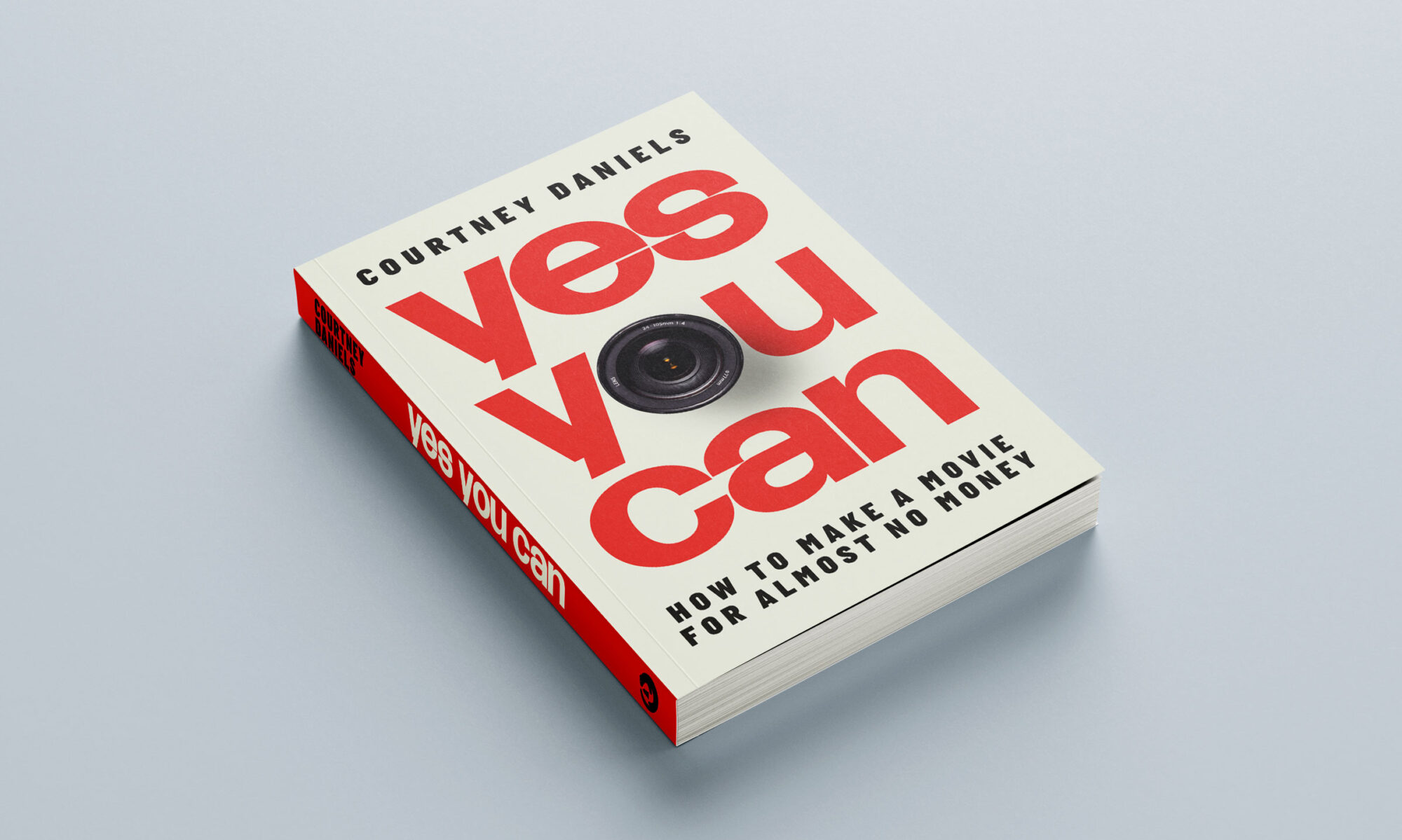I like career tests almost as much as I like personality quizzes*. And yesterday I stumbled on a really good one! The Sparketype Test.
The guy who created it, Jonathan Fields, has a podcast called the Good Life Project. He has interviewed all the usual suspects (another Brene Brown/Seth Godin/Elizabeth Gilbert interview, anyone? Sure. Why not? I always learn something new). I like his gentle, seemingly ego-free personality and the questions he asks guests. He always ends with, “When you hear the phrase ‘good life’–‘live a good life’–what does that mean to you?” GOOD QUESTION!
He’s worked with tons of people on finding meaning and purpose, particularly as it pertains to work, and after seeing patterns emerge again and again, he came up with a test for helping people identify the type of work that “lights them up” (thus, “Sparketype”).
I already know what kind of work I love. The reason I know, for sure, is because each time I finish shooting something, I make a list of other things I like to do that would be easier and likely more profitable, but I never can commit to doing any of them, so I suck it up and start writing the next script. But I can’t resist a self-test, so I took it. And I found the questions really interesting, and sort of surprising.
He has categorized types of work in a unique way, that I’d never thought about til I saw the phrasing of the questions on the self-test.
Before you take it, he tells you to answer honestly–don’t pick responses that reflect how you’d like to be, or how you think you should be. I was glad he said this, because I might’ve been tempted to side with some of the more altruistic statements in the test. Even though I of course like helping others, it turns out this is not my driver regarding work. In his follow-up “Sparketype Mastery Guide”–which I bought, because I’m a schmuck–he explains why this is not something to feel bad about.
If you take the free quiz, let me know what Sparketype you are. Mine is “The Maker” (making ideas manifest) and my secondary/shadow Sparketype is “The Maven” (driven to learn). Your secondary Sparketype is not necessarily a type of work you should pursue but instead an activity you probably perform “in service to” your primary Sparketype (i.e., I learn about a particular topic so that I can make better things).
If you don’t want to miss any posts, please click the Subscribe button. If you know someone who would enjoy these posts, please share my site with them. Thank you!
https://www.goodlifeproject.com/sparketest/
*The two best personality tests ever:
- Anthropologist Helen Fisher’s quiz (I’m a Negotiator. Tell me what type you are! I really wanna hear. I can usually guess, but some people are a complex mix and it’s hard to call): https://theanatomyoflove.com/relationship-quizzes/helen-fishers-personality-test/personality-test-1/
- Gretchen Rubin’s “The Four Tendencies” (apparently, most people are either a Questioner or an Obliger. The rarer types are Upholders and Rebels. Rubin has figured out how to work around the challenges you face, depending on your type, so that you can attain any goal, finishing whatever you start): https://quiz.gretchenrubin.com/four-tendencies-quiz/
